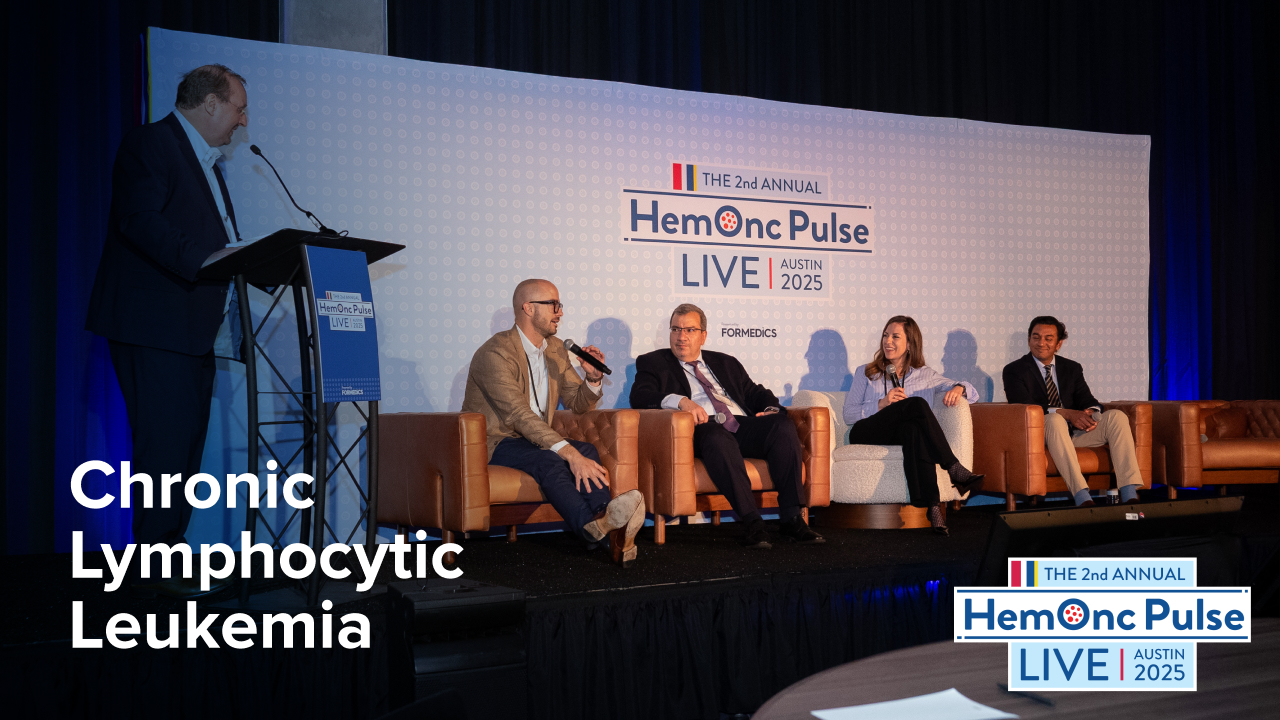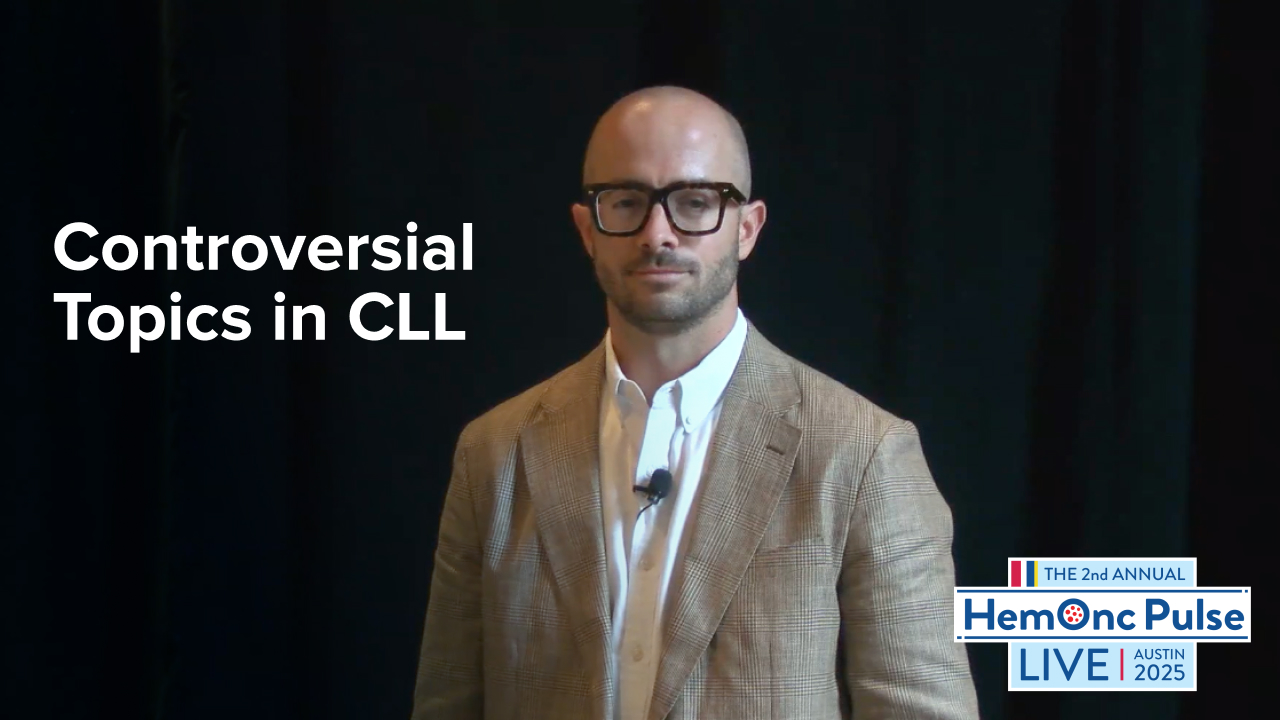
Take-aways
- Compared with bosutinib, asciminib showed greater efficacy in patients with chronic-phase chronic myeloid leukemia who had previously received ≥2 tyrosine kinase inhibitors (TKIs).
- Fewer grade ≥3 adverse events (AEs) and AEs leading to discontinuation of therapy were reported in patients treated with asciminib versus bosutinib.
- These findings suggest that asciminb, a first-in-class BCR-ABL1 inhibitor specifically targeting the ABL myristoyl pocket, may be able to overcome TKI resistance/intolerance.
Compared with bosutinib, asciminib, a first-in-class allosteric inhibitor specifically targeting the ABL myristoyl pocket (STAMP), was more effective at improving the rate of major molecular response (MMR) in patients with chronic-phase chromic myeloid leukemia (CP-CML) who had previously received two or more tyrosine kinase inhibitors (TKIs). This is according to research published in Blood.
This phase III study, led by Delphine Réa, MD, PhD, of the Hôpital Saint-Louis in Paris, enrolled 233 patients with CP-CML who were previously treated with at least 2 TKIs and had experienced either treatment failure or intolerance to the most recent TKI. Patients were randomized based on baseline major cytogenetic response (MCyR) status to receive either asciminib 40 mg twice daily (n, 157) or bosutinib 500 mg once daily (n, 76).
In the asciminib and bosutinib groups, 29.3% and 28.9% of patients were in MCyR at baseline, respectively. Overall, the median age of patients in the study was 52 years. The most common reason for discontinuing last TKI in the asciminib and bosutinib arms were lack of efficacy (60.5% and 71.1%, respectively) and lack of tolerability (37.6% and 28.9%).
More patients in the bosutinib group (71.1%) had discontinued therapy by the 24-week visit than in the asciminib group (37.6%). At week 24, the MMR rate for patients treated with asciminib was 25.5%, compared with 13.2% for the bosutinib group. After adjusting for baseline MCyR, the difference between treatment arms in MMR rate was 12.2% (95% CI 2.19-22.30; P = 0.029).
In addition, grade ≥3 adverse events (AEs) were reported in 50.6% of patients treated with asciminib, compared with 60.5% of patients treated with bosutinib. AEs leading to discontinuation of treatment were reported in 5.8% and 21.1% of patients treated with asciminb and bosutinib, respectively.
Disclosures: This research was supported by Novartis. Study authors report financial relationships with Novartis, the manufacturer of asciminib.
Reference
Rea D, Mauro MJ, Boquimpani C, et al. A phase 3, open-label, randomized study of asciminib, a STAMP inhibitor, vs bosutinib in CML after ≥2 prior TKIs. Blood. 2021;138(21):2031-2041.






 © 2025 Mashup Media, LLC, a Formedics Property. All Rights Reserved.
© 2025 Mashup Media, LLC, a Formedics Property. All Rights Reserved.